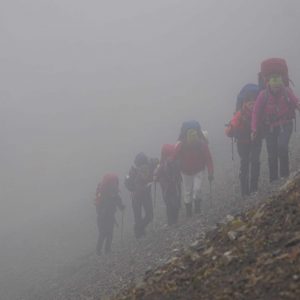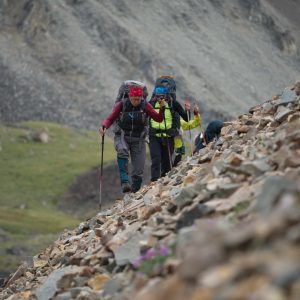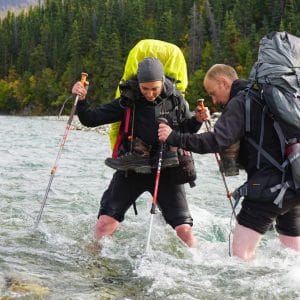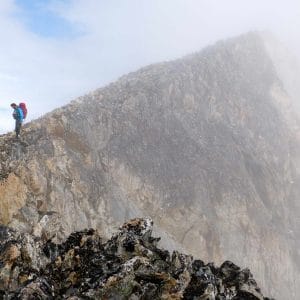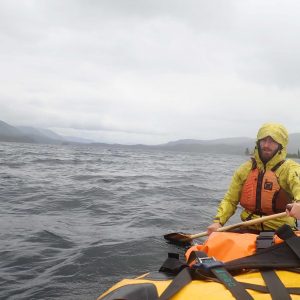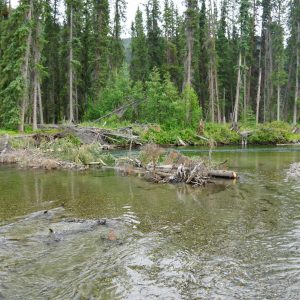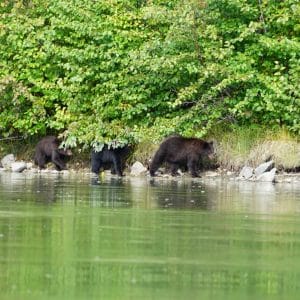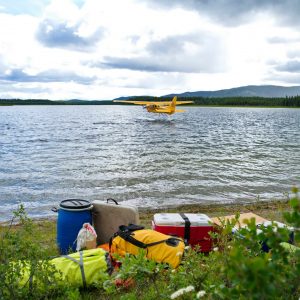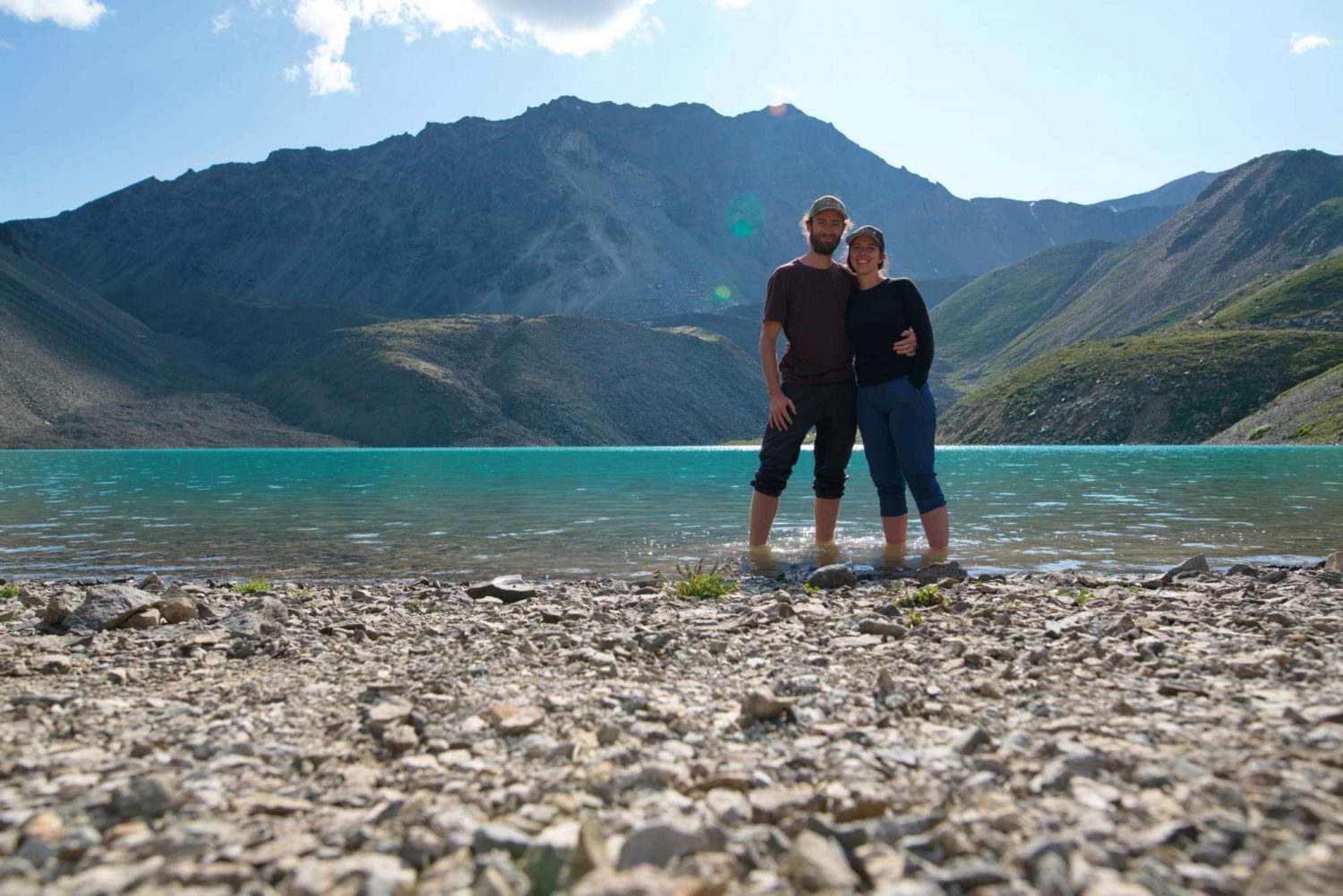Hiking / Backcountry Travel
Participating in hiking, snowshoeing, backpacking and backcountry travel involves additional and specific risks, dangers and hazards including but not limited to: travel over extreme, mountainous or alpine terrain where fallen timber, branches, rocks, roots or other obstacles or hazards, steep slopes or unstable ground may cause falls; avalanches; travel on, through or beside snowfields, glaciers, crevasses, streams, creeks, rivers, ponds and lakes; miscellaneous health problems related to over-exposure to the sun, dehydration, food poisoning, insect bites, fatigue, stress, exertion, high altitude and lack of fitness; snow immersion; encounters with domestic animals including dogs, and wildlife, including bears and cougars; encounters with dangerous or poisonous flora and fauna; becoming lost or separated from one’s party or guide; slips, trips and falls; negligence of other person; negligent first aid.
Canoeing
Participating in Water Activities involves many risks, dangers and hazards including but not limited to: slips, trips and falls; falling off kayaks, canoes or paddle boards; changing weather; high wind; lightning; impact or collision with other vessels or objects in the water, other watercraft, rocks, trees, logs, deadfall, docks or shore walls; strain on joints, neck or spine; overturning or upsetting of kayaks, canoes or paddle boards; entrapment by trees, logs, or equipment; drowning; hypothermia; exposure to water and sun; exposure to infectious disease contracted through viruses, bacteria, parasites, and fungi which may be transmitted through direct or indirect contact; and negligence of other persons.
